- Can you briefly tell us about the storyline for this new book and the setting?
The Great Godden takes place over a single summer on the Suffolk coast, during which two families — who always meet for the summer on the beach — are joined by the 18 and 19-year-old sons of a Hollywood actress. Six teenagers, all the usual eating, drinking, swimming, sailing, talking …. And one or two new activities thrown in for the first time.
- You are tackling big issues in this book – obsession, treachery, deception, emotional manipulation, gaslighting and other really bad behaviours. What inspired you to write on these themes?
It depends on how you look at those issues. They’re big, and yet they’re also small, common, a usual part of growing up and having relationships. If anyone of us looks at all the relationships we’ve had through our lives, we’ll find plenty of examples of manipulation, obsession, treachery. Most relationships are difficult and flawed until you find one that isn’t. One person’s treacherous manipulative boyfriend might be another person’s, true love. (Or maybe just a serial sociopath.)
- The title is a clue to a well-known novel, The Great Gatsby. How did that novel influence The Great Godden? Were there other novels that influenced the story?
The Great Gatsby is a story of obsessional, unattainable love set over a summer of debauchery — but I think the resemblance probably ends there! It was mostly my childhood that influenced the story. There were no movie star’s kids in my childhood, but that feeling of time slowing down, of being free of family and school and timetables….I can still feel those summers today, decades later.
- You created a somewhat distracting level of intrigue by never introducing the narrator or declaring their gender. Why? What were you hoping to achieve?
The only thing I ever set out to achieve when writing a book is how to make it feel comfortable in its own skin. I started writing The Great Godden in 2011, and eventually abandoned it because I couldn’t focus the narrator in my head. Was it a girl, a boy, was the book first or third person? All those questions eventually made it grind to a halt. When I went back to it eight years later, I realised that the answer was in the question. The narrator was telling me that s/he was holding information back. It always sounded so ridiculous to me when writers talked about characters getting their own way, but sometimes it just happens. You say “Do as I say!” to a character and they just give you the finger and do what they want.
- You’ve mentioned that you drew on your memories to write this book. Were you drawing on your own experience of toxic male behaviour or other elements? Was it an unsettling experience revisiting those memories? Does this type of writing affect you emotionally? (in comparison to writing about McTavish the dog, your middle-grade series)
A friend of mine read The Great Godden recently and said: “I know he’s a s*** but I couldn’t help liking Kit Godden.” I really liked her reaction because it’s just as valid as hating him. Any toxic male behaviour I’ve experienced in relationships has been fairly mild (as opposed to when I worked in advertising, in which case it was rampant!), but when you’re young and think you’re in love, you find yourself tangled up in all sorts of weird situations. And to some extent, you have to take responsibility for them too. There were relationships I had where I was the one who couldn’t just say “Why didn’t you show up when you said you would?” Something so simple, but it felt impossible. That’s not particularly toxic, but it’s messy and awkward and indicates a lack of confidence. And then some narcissistic opportunists step right into that sort of insecurity and take advantage of it. Women as well as men.
As for whether writing about these situations affects me emotionally? Most of writing is trying to solve a puzzle, desperately trying to breathe life into a bunch of dead words, trying to make the emotions ring true and the actions not feel contrived. Trying to make the plot work in unpredictable ways. The strongest emotions I feel while writing are when I want to kick a particularly annoying book to death and bury it in a shallow grave. I feel that at some point with pretty much every book I write.
- How long do you research a novel like this? Do you gather information by absorption or was there a conscious research project before you started writing?
I’m not a researcher. Except where absolutely necessary. I wrote a book that took place on Salisbury Plain in about 1850 and I did have to research that book, but I knew a lot of what I needed to know already, which was why I was attracted to the subject.
- Book after book, you give young readers food for thought and discussion. How do you stay in touch with what young people want to read?
I always wonder who people mean when they talk about “young people”. No one talks about “adults“ as a homogenous group, or asks what “men” want to read. Or if they do it’s lazy, like thinking all women want to read chick-lit. I figure I’m writing for people who are interested in the same questions I am – about identity, love, the meaning of life…. When I figure out the answers, I’ll let everyone know!
- What’s some great advice that you’ve received that helped you as a writer?
A painter friend always tells his students “Don’t be in a hurry.”
I like that advice. Things take as long as they take. Especially books.
- What’s your next project and what age group is it for?
I told my editor I’d try to write three summer books and I’m well into the second one now. But have no clue what to write for the third. I also have an adult book on the go but have put it aside for now, hoping it will buck up and stop being such a pain in the %*&@* to write.
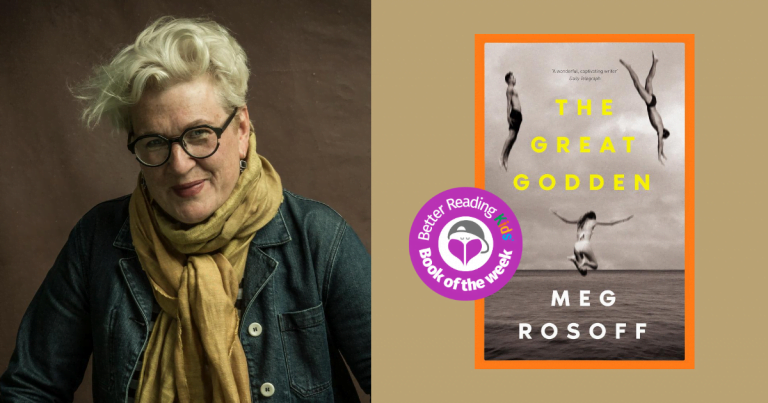
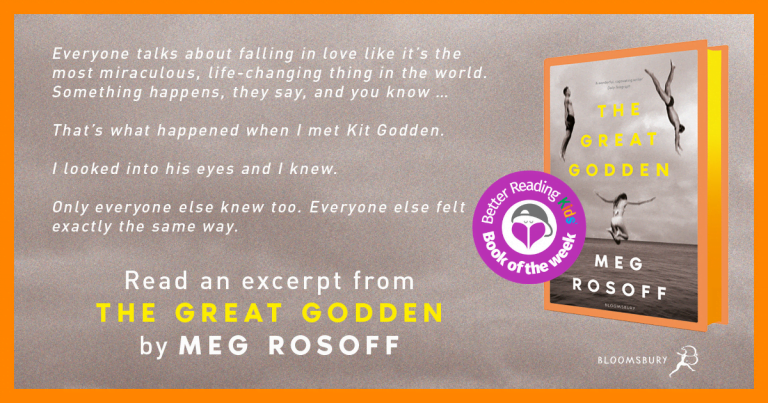
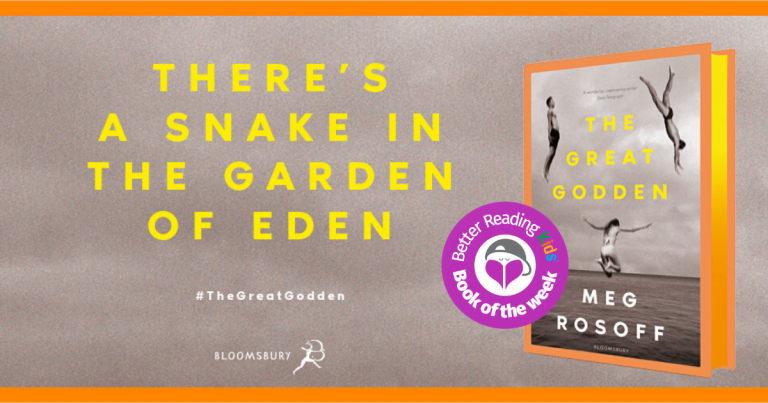
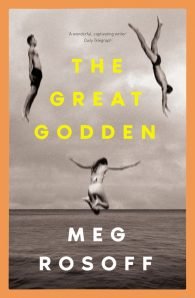
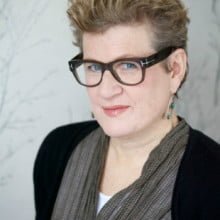
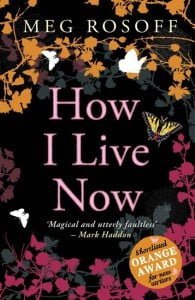
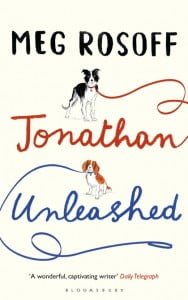
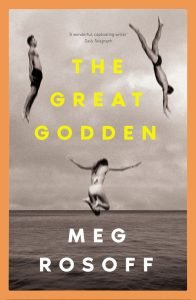
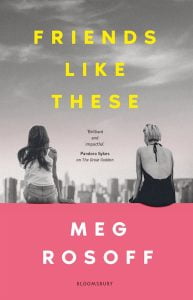
Leave a Reply